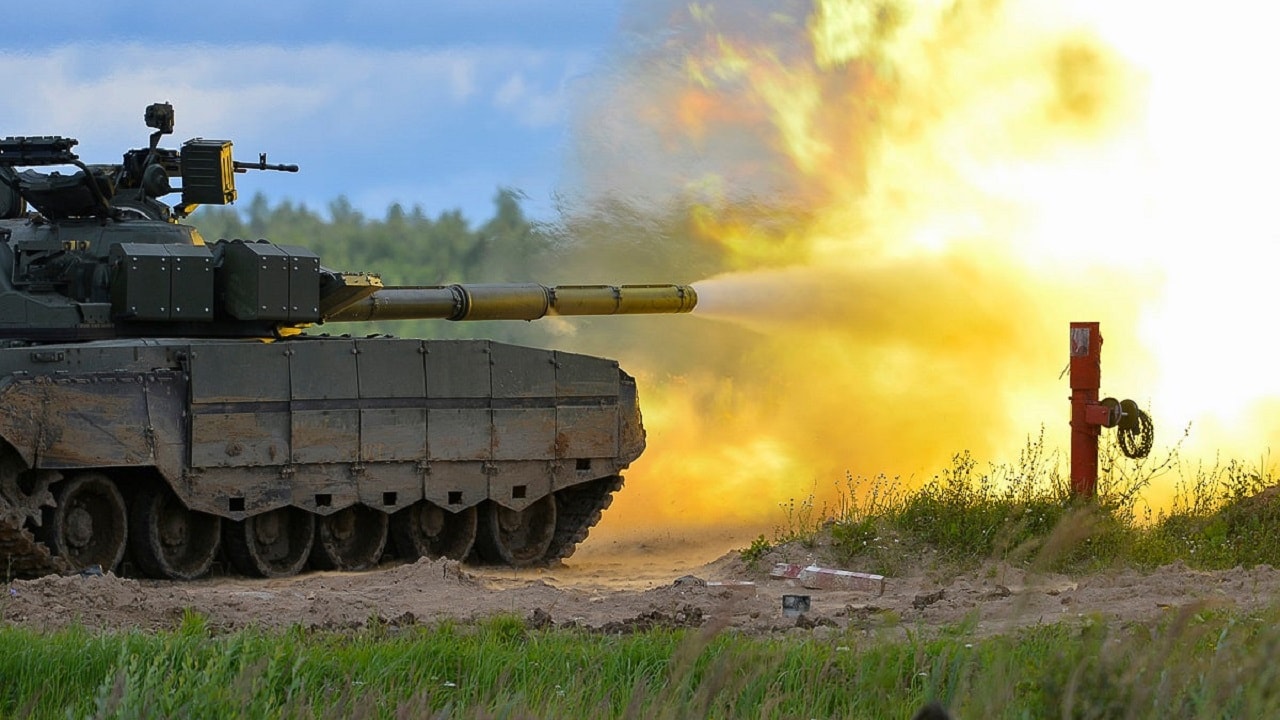On day 29 of the Russian invasion of Ukraine, the Russian forces haven’t made any significant gains and have yet to meet any of their primary objectives.
Ukrainian resistance remains fierce across the country, with especially heavy fighting in Mariupol, in southwest Ukraine. Russian casualties are reaching unsustainable numbers, but Russian President Vladimir Putin remains committed to his invasion.
Unsustainable Losses
The Ukrainian Ministry of Defense claimed that as of Thursday, Ukrainian forces have killed approximately 15,800 Russian troops (and wounded approximately thrice that number), destroyed 108 fighter, attack, and transport jets, 124 helicopters, 530 tanks, 280 artillery pieces, 1,597 armored personnel carriers, 82 Multiple Launch Rocket Systems (MLRS), four boats, 1,033 vehicles, 72 fuel tanks, 47 anti-aircraft batteries, 50 unmanned aerial systems, and 16 special equipment platforms, such as bridging or electronic warfare vehicles.
NATO’s assessment of Russian casualties is equally grim. NATO officials assess that up to 15,000 Russian soldiers have been killed in the four weeks of fighting. In addition to these fatalities, NATO officials estimate that between 30,000 to 40,000 Russian troops have been wounded, captured, or missing. If those numbers prove to be accurate, it would mean that the Russian military has lost close to a quarter of its pre-invasion force of 200,000.
The Ukrainian Air Force is very much still in the game. On Thursday, a Ukrainian unmanned aerial system engaged a Russian landing ship in Berdyansk, inflicting serious damage. The Alligator-class ship was in the region to support a potential amphibious assault against Odesa. Almost a month into the war, and the Russian military has yet to achieve air dominance despite its quantitative and qualitative superiority.
In its daily assessment of the war, the British Ministry of Defence echoed those numbers and indicated that the Kremlin might turn to its reservists and conscripts to replenish gaps created by the fighting. However, sending conscripts into Ukraine would contradict Putin’s commitment not to send conscript troops in Ukraine to support his “special military operation” and might stir trouble within Russia.
“Russian forces have almost certainly suffered thousands of casualties during their invasion of Ukraine. Russia is likely now looking to mobilise its reservist and conscript manpower, as well as private military companies and foreign mercenaries, to replace these considerable losses. It is unclear how these groups will integrate into the Russian ground forces in Ukraine and the impact this will have on combat effectiveness,” British Military Intelligence assessed.
More Troops!
In response to the Russian invasion of Ukraine, NATO mobilized for the first time in its history the NATO Response Force. The transatlantic alliance will also be sending more troops in the eastern flank to reassure members and deter Russia—not that Moscow has the military capability to open up any other fronts.
“In response to Russia’s actions, we have activated NATO’s defense plans, deployed elements of the NATO Response Force, and placed 40,000 troops on our eastern flank, along with significant air and naval assets, under direct NATO command supported by Allies’ national deployments. We are also establishing four additional multinational battlegroups in Bulgaria, Hungary, Romania, and Slovakia,” NATO said in a press release.
1945’s New Defense and National Security Columnist, Stavros Atlamazoglou is a seasoned defense journalist specializing in special operations, a Hellenic Army veteran (national service with the 575th Marine Battalion and Army HQ), and a Johns Hopkins University graduate. His work has been featured in Business Insider, Sandboxx, and SOFREP.

